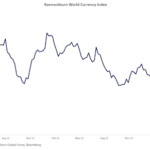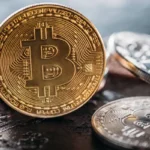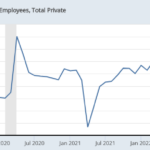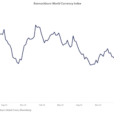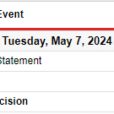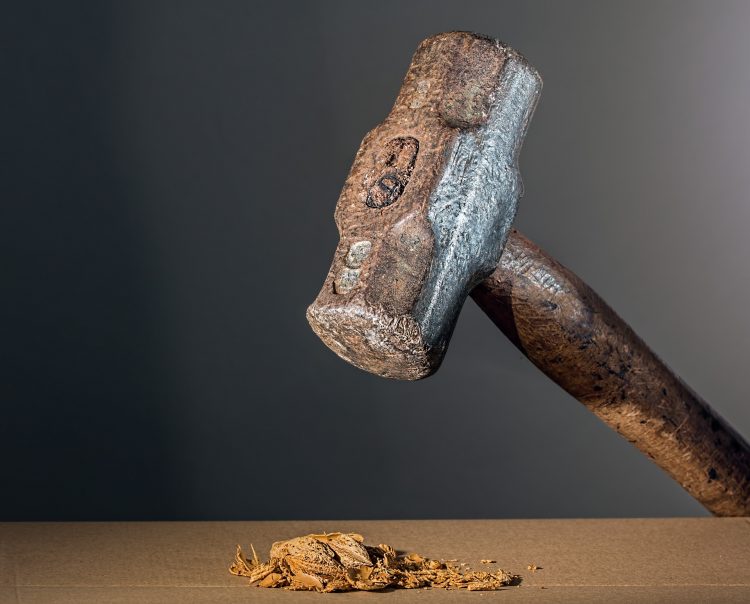
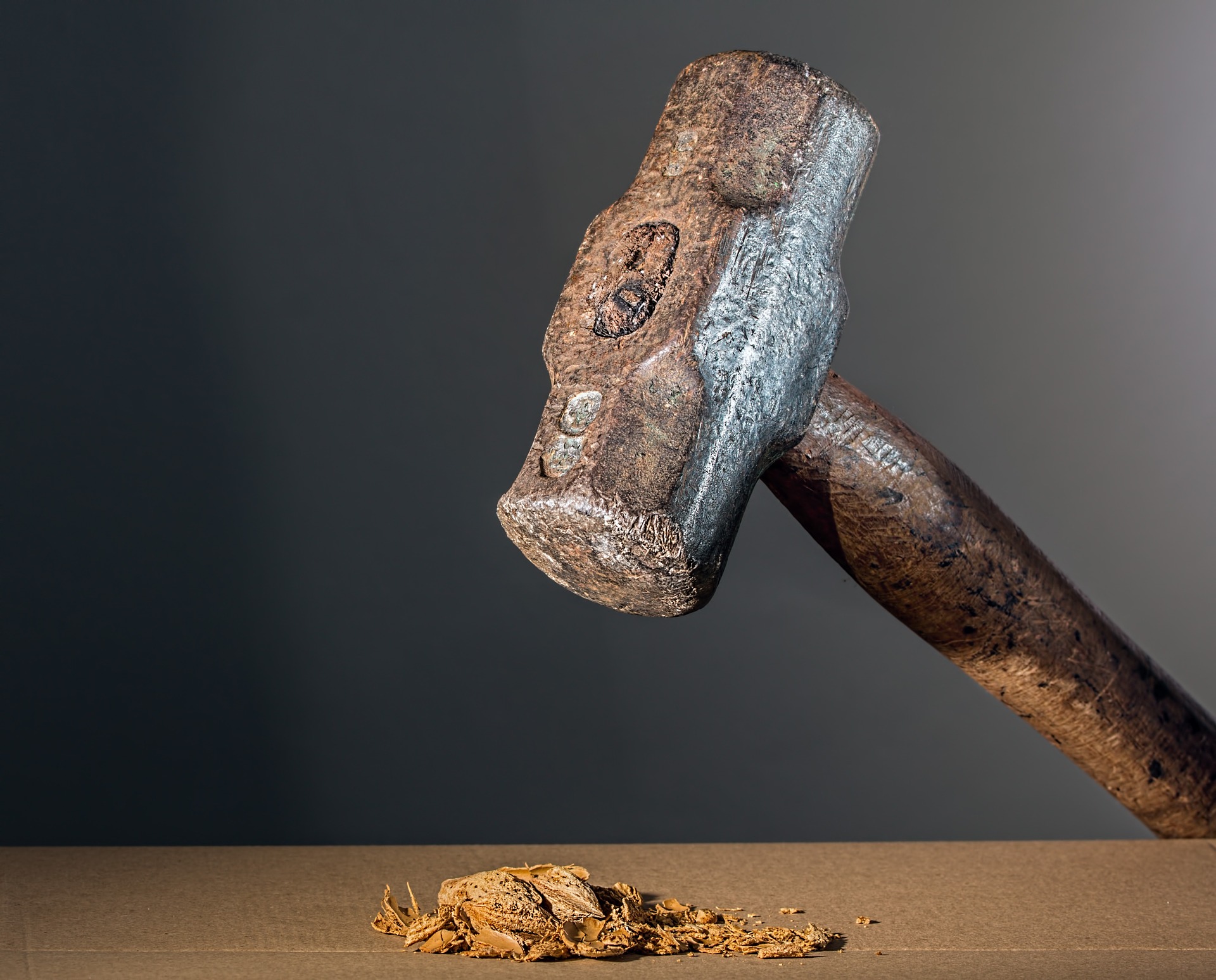
Image by Steve Buissinne sourced from pixabay
There was a period of time when I was obsessed with home improvement shows. I’d watch almost anything on the subject: Backyard makeovers, kitchen remodels, gut renovations, you name it. It’s fascinating to see what a skilled craftsman can do with the proper tools. In fact, if there’s one lesson I learned from these shows it’s the importance of using the right tool for the job.
This principle has broad application beyond the scope of carpentry of course. In my opinion, the weaponization of trade by the U.S. and Chinese administrations qualifies as such. There are clearly foreign policy issues between the two countries that require addressing. Economics is simply ill-suited for this job. Like a carpenter making a precise cut, using the wrong tool can lead to disastrous results. Thus, I believe that the escalating trade war and trend towards de-globalization are negative developments for markets. Kindly check your politics at the door for this one.
It’s Political
I must admit, I just recently realized that the U.S. and China are in fact in a trade war. For a long time I took this term’s usage in the media as hyperbole. “The press will print anything to attract eyeballs; hysteria can motivate a political base to action; people don’t mean what they say”; I thought all of these. It was only after watching a series of interviews presenting a specific viewpoint on U.S.-China relations when I fully grasped the gravity of the situation.
I believe that we are in fact at war—or at the very least—in a political conflict. My epiphany came from a 3-part interview series on Real Vision hosted by the outspoken critic of China, Kyle Bass. The first one featured Harvard professor Graham Allison, the author of Destined for War. The potential for a conflict between the U.S. and China were discussed. The rise of latter was posited to threaten the balance of political power that presently exists. This was followed by a jaw-dropping interview with Guo Wengui, a.k.a. Miles Kwok. Mr. Kwok is a wealthy Chinese businessman and outspoken critic of the Communist Party. His accusations of corruption, extortion, and even murder against the party make organized crime look tame. He is living in secretive exile out of fear for his life. The series concluded with an interview with Steve Bannon detailing his opinion of China’s foreign policy.
The theme of the series is quite clear: The rise of China is a threat to global stability; the Chinese Communist Party is an immoral institution bent on increasing its political influence; they will/have resort to whatever means necessary—including stealing intellectual property, extorting their citizenry, lying to western institutions, supporting their own commercial intuitions, and even murder—in order to achieve their goal of world domination. To be sure, these are serious accusations. Real Vision and Mr. Bass did not pull any punches.
This message is quite similar to others heard from the Trump administration. A recent article in The Atlantic discusses the influence that Peter Navarro has had in crafting foreign policy. According to the exposé:
“Such wariness of foreign goods is not just [Mr. Navarro’s] consumer preference—it’s United States policy. In the past year, the Trump administration has embarked on a trade war with sweeping geopolitical aims: The entire government now has a mandate, if a murky one, to make China play by the rules—and also to slow its rise.”



